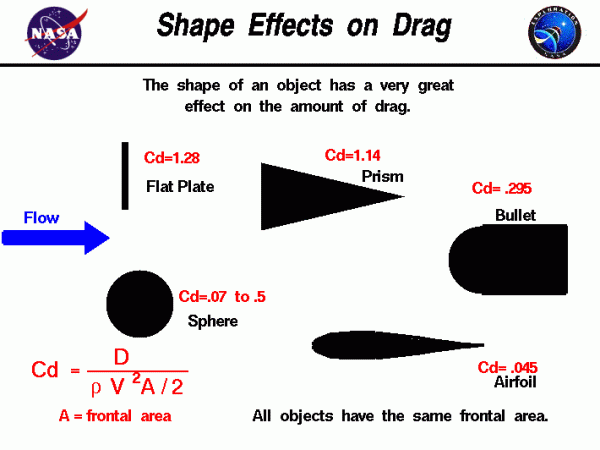Yeah, you've been pranked: (haha, by the '12v' Mafia?)
"Copper will never rust for the same reason as bronze — it contains too little iron. Though it will not rust, copper can form a green film, or patina, on its surface over time. However, this patina will not flake the way rust does. Instead, it creates an even, thick coating on top of the copper itself."
BTW, same chemistry applies to aluminum oxidation: doesn't rust; builds passivation layer. The Aviation industry has used 24v systems for many years, and for many of the same advantages that Tesla is switching to 48v.



